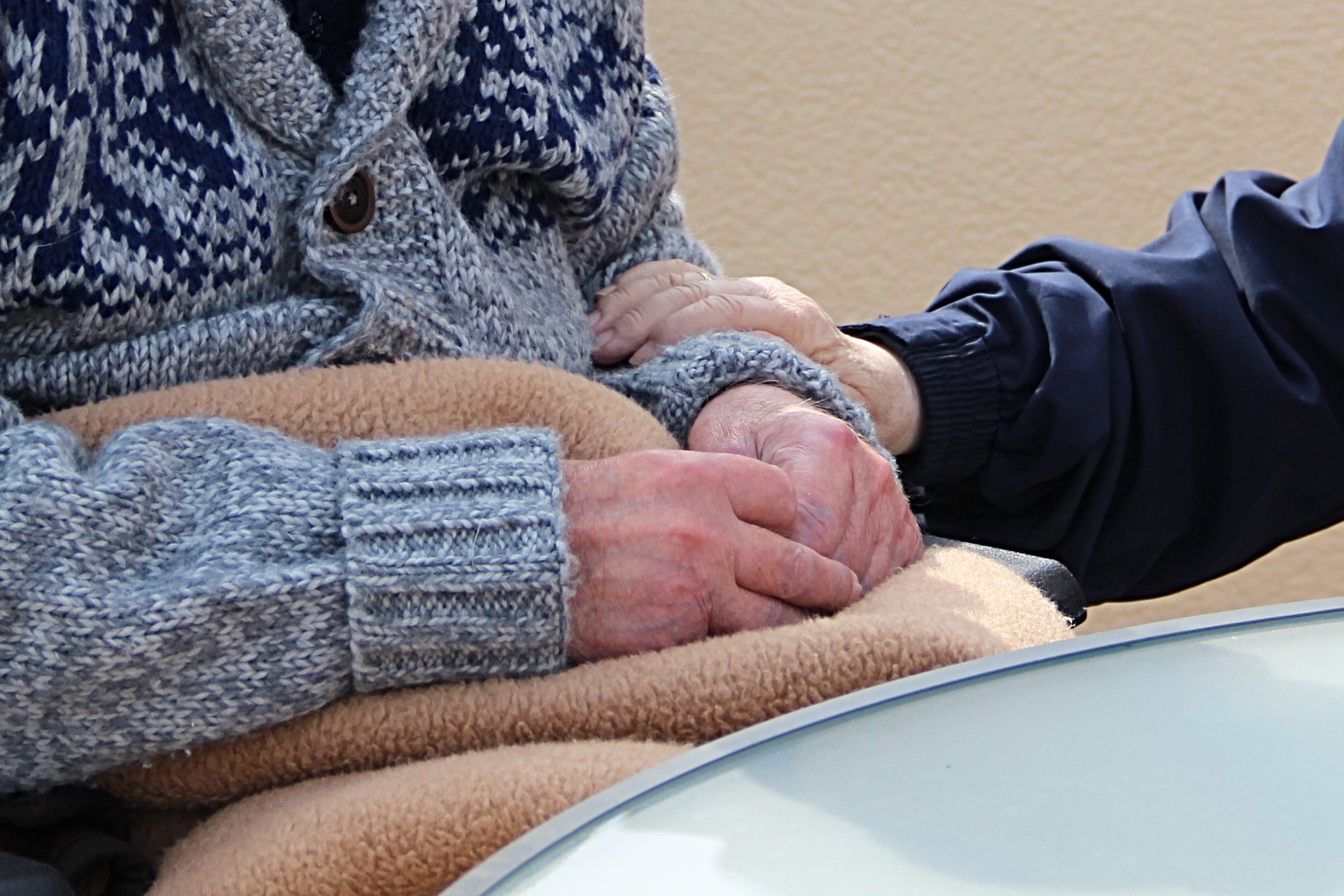
The threat of COVID-19 has forced many providers to keep high-risk seriously and terminally ill patients isolated to limit the virus’s exposure and spread. As families become disconnected from loved ones approaching the end of life, hospice providers have sought new ways to offer mental health support during the pandemic.
Social isolation during the coronavirus emergency has substantially impacted the hospice population, as well as seniors in general. Research has identified significant links between social isolation and increased risk of early mortality among older and seriously ill patients.
According to a recent report from health insurance marketplace company GoHealth, the pandemic has been driving a mental health decline among isolated aging populations as they practice social distancing from family and friends. In a nationwide study of 1,000 Medicare beneficiaries, 25% percent reported a decline in their mental wellness since the pandemic’s onset, and more than 90% felt lonelier now than before it began.
“Social isolation from friends, families and even their hospice providers visits, has impacted the mental health of hospice patients,” said Shelley Cartwright, executive director of Illinois-based Apex Hospice and Palliative Care. “Social isolation contributes to a decline in mental health. Depression, anxiety, and delirium in those who are terminally ill are frequent and currently most likely under-diagnosed as hospice frontline personnel are not being allowed to make in-person visits as frequently as they normally would as patients, families, hospitals and skilled nursing facilities are in COVID-19 precautions.”
Hospices have struggled to find a balance between technology and the human touch while offering telehealth visits and online virtual support. With families often connected only virtually in the last moments of life, disenfranchised grief has added to concerns of ramping up mental health support.
“Dying is inherently lonely and isolating and made worse when people are actually removed from their loved ones,” said Christopher Kerr, CEO and chief medical officer of Hospice & Palliative Care Buffalo in New York. “It’s ultimately a closing of a life, not just a medical phenomena, and that life is defined by relationships. The pandemic has taken a difficult situation and made it multiple times worse. It’s in moments of crisis and need that we need to connect ourselves to those people that give our life meaning. The opposite happened that when we most needed to be reconnected to those we love, we were removed.”
The sweeping effects of isolation has drawn heightened focus from hospice providers on the need for greater communication and deeper integration of psychiatric care. Research from 2018 projected that the number of seniors with mental health conditions will triple over the next three decades. An estimated 5 to 8 million aging Americans currently suffer from mental illness. Providers have been working on improving hospice access for these patients.
With facilities and hospitals limiting interactions, social isolation has exacerbated mental health concerns as hospices face barriers to reaching patients during the pandemic. One strategy being employed is increased collaboration with referring facilities, psychiatric disciplines and primary physicians as hospice work to support isolated patients and their families.
“We believe that no one should have to face serious illness or death alone,” Carla Davis, CEO of Heart of Hospice, told Hospice News. “Holistic, person-centered care delivered by hospice care teams plays a critical role in protecting and improving the mental health of vulnerable populations who would otherwise be left in isolation. The more we are able to work diligently alongside our facility partners to continue providing quality care, the better equipped we will be to prevent negative mental health outcomes in individuals facing serious mental illnesses.”
As COVID-19 cases and fatalities continue to climb, so does growing concern among hospice providers over the effects of isolation on the quality and experience of end-of-life care.
“Patients, even though imminent, often fight death until they are at peace and have said their good-byes or receive permission from their family to ‘let go,’” Cartwright told Hospice News. “Quality end-of-life experience and death for patients and their families is, and will be, jeopardized with the continued isolation of dying patients from their families.”
"social" - Google News
October 21, 2020 at 07:17PM
https://ift.tt/3dPXvMq
Social Isolation a Threat to Hospice Patients During COVID-19 - Hospice News
"social" - Google News
https://ift.tt/38fmaXp
https://ift.tt/2WhuDnP
Bagikan Berita Ini















0 Response to "Social Isolation a Threat to Hospice Patients During COVID-19 - Hospice News"
Post a Comment